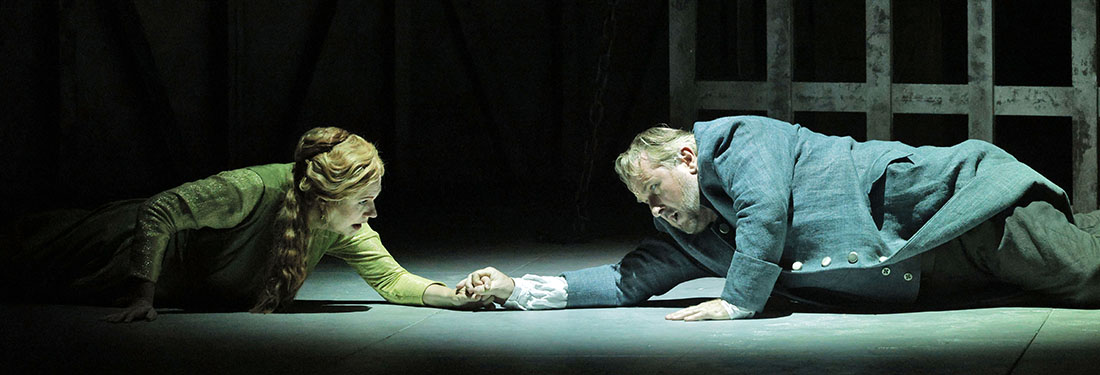
PRISM Quartet is a new music saxophone ensemble known for their dazzling brass line and mind-altering experimental new works. Begun in 1984, they are now in their fourth decade. On June 9th they performed Generate Music, a one-night-only show at Roulette, with several prestigious collaborators, including Pulitzer winning percussionist and composer Tyshawn Sorey and klezmer clarinet legend David Krakauer.
Generate Music is a reference to the Nazi’s “Degenerate Art” and “Degenerate Music” exhibitions of works by modern, Black and Jewish artists and musicians in 1937 and 1938. The exhibits were put on display for the German public as examples of works the fascists deemed diseased, decadent, and subhuman. Generate Music, by contrast, is a celebration of the work of Black and Jewish artists. It brings together nine new works by Jewish and Black composers conceived to celebrate these two peoples and show how their experiences are intertwined.
The aptly named PRISM Quartet delivers a sound that, at its best, can erect new geometry in the brain. Their brass line is like no other sound I have ever heard. It can mimic the human voice, creating a sound like medieval plainsong where the singing monks have been raptured, mid-note, and turned into beings of pure energy. PRISM’s music is beautiful and not quite human, in the best possible way. What a joy it is to hear this celestial sound brought down to earth and ground firmly into our political reality. Generate Music consists of nine very good avant garde works, and while the impression I received at the show was mainly apolitical, most of these pieces, as artistically conceived, had political stories to tell.
Myra Melford and Erica Hunt’s “When No Way Stops Short of the Somehow” focuses on the word “Zion,” one of the ancient names for the land of Israel. They write in the program notes, “Like many Utopias, Zion is fragile and susceptible to spectacular blindness. For instance, one people’s Utopia can be another’s dispossession. Perhaps, Zion is not even a place, but a figure for a shared planet of generous futures…” The notion of a homeland, of Zion, as the place we build with all our neighbors where we are now, rather than a place we seize and hold through violence and degradation, is a radical one, and is especially radical now given that it pushes against the western mainstream media’s lockstep messaging on behalf of Israel.
Israeli composer Yotam Haber’s piece “commotio cordis” is named for the Latin for “agitation of the heart,” a medical condition where the patient suffers a catastrophic heart attack after getting struck directly in the chest. Haber said, “I wrote this piece as the conflict in Israel and Gaza unfolded after the October 7th attacks. This work is my attempt at a response to the inexpressible pain and suffering for all the innocent people involved.” Given that we live in a time when even bearing moral witness to the genocide of Palestinians can get you fired from your job, I believe that all these statements come from a place of courage.
Throughout Generate Music poet Ursula Rucker read moving verse about her murdered brother; violinist Diane Monroe presented a piece about segregation and the friendships between Black and Jewish Americans; and vocalist and trumpeter Susan Watts reimagined and recontextualized the Black National Anthem in Yiddish. Tying all this music together was the extraordinary percussionist Tyshawn Sorey. Making up the apex of this particular prism, he fed all the musicians a versatile percussive throughline that built stylistic coherence into nine disparate works. His own untitled work was one of the best in the show.
The one piece in the show that was able to clearly foreground the theme in the music itself was Krakauer’s “The Unknown Common Ancestor.” Krakauer wrote in the program that the piece is about the common musical ancestors of Black and Jewish Americans: how their music all originates in the sound of religious supplication. The piece succeeds in generating this sound of exuberant prayer, whether from the singing of a cantor in a synagogue or the ecstatic voices of choir and congregants in a Black church. Clarinet, violin, and trumpet called out to the saxophone quartet across the stage, a leaping, spirited pandemonium, transforming klezmer, jazz, gospel, and rhythm and blues into a shimmering tapestry of sound. Sorey’s percussion wove together these bright filaments, giving oceanic fullness to Krakauer’s wild and whimsical work.
“The Unknown Common Ancestor,” like many pieces in Generate Music, given the sheer amount of brass, could be physically experienced with the entire body, the notes reverberating under the skin after the last note had sounded. My overall impression of the chaotic, maximalist Generate Music had little to do with the themes and conceptualizations of the individual works. With few exceptions, it was mostly an abstract sound with only toe holds in culture and politics.
But I wasn’t complaining. I got to hear some of the finest musicians in the country get together to jam and noodle with ideas and sounds. The performance overall brought me back to the nineties, specifically to nineties-era multicultural utopianism. It is prefigurative, it is the music we will make after the revolution, when there will be no walls and no borders, and we can take Zion with us wherever we go.
Photo: Peter Gannushkin
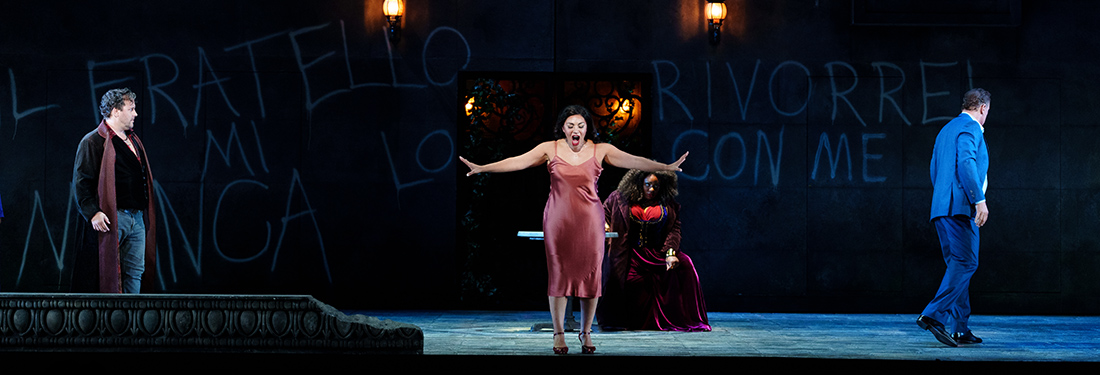
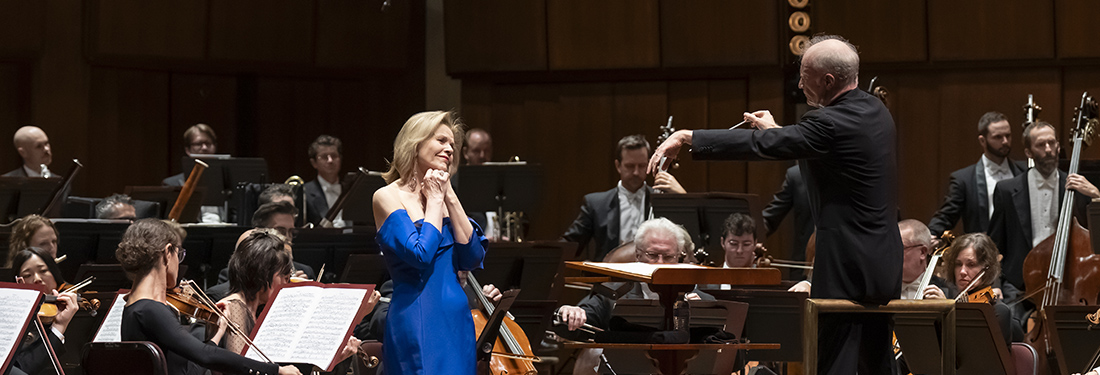
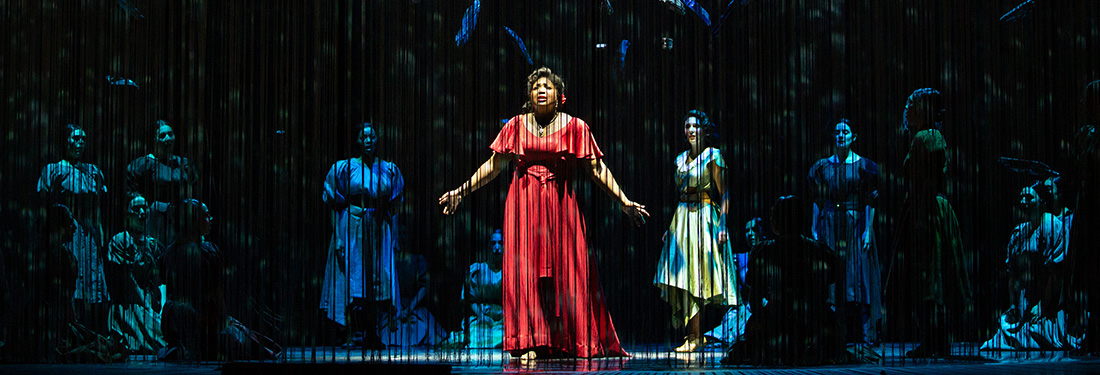
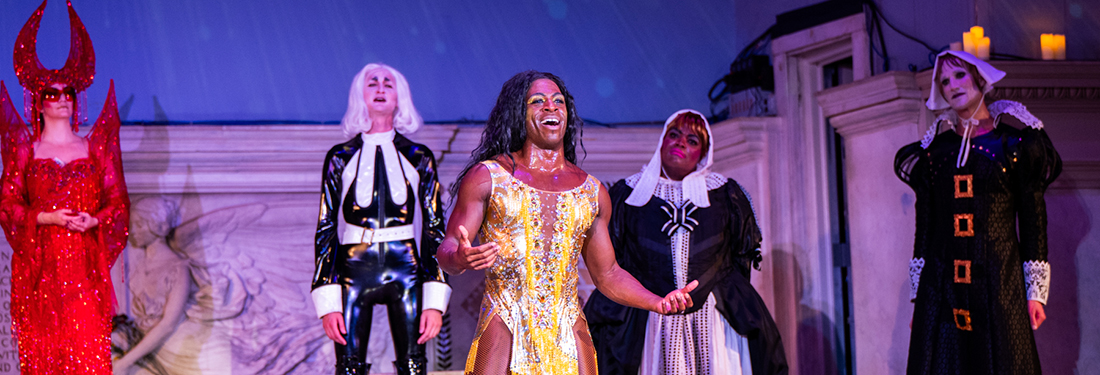
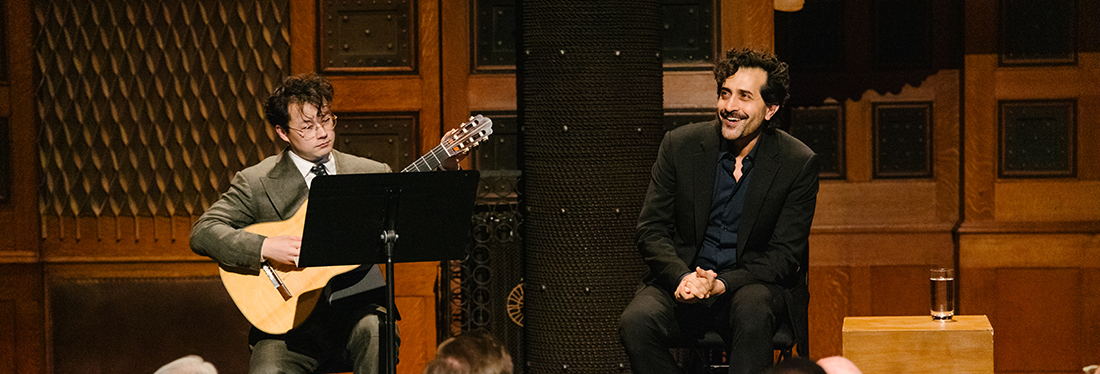
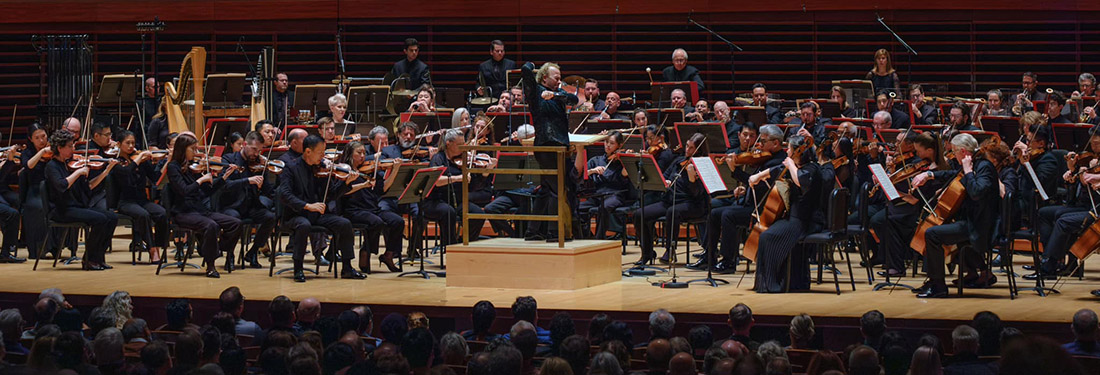
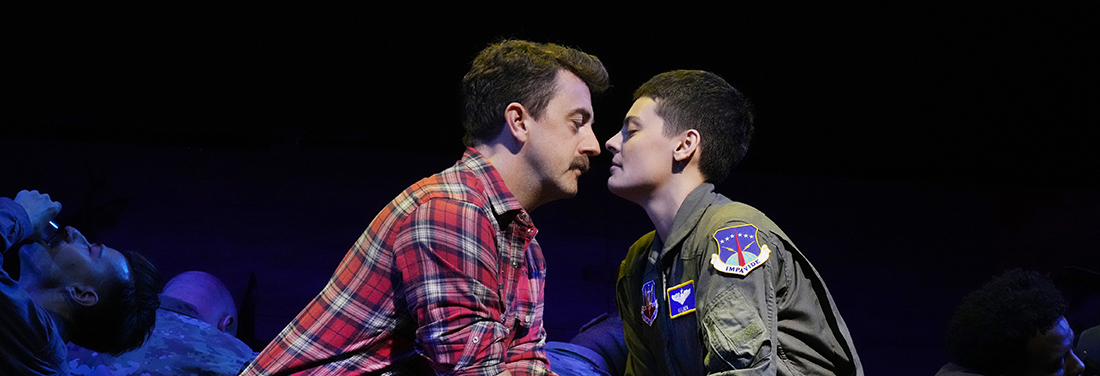
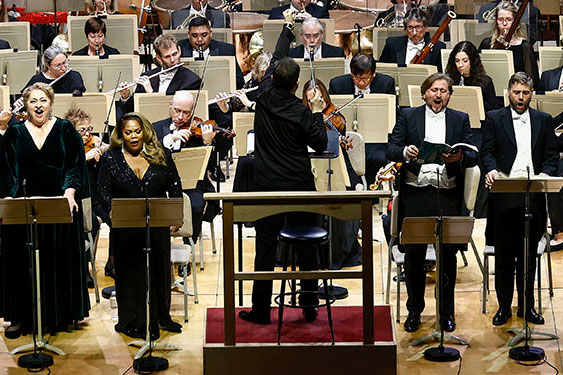
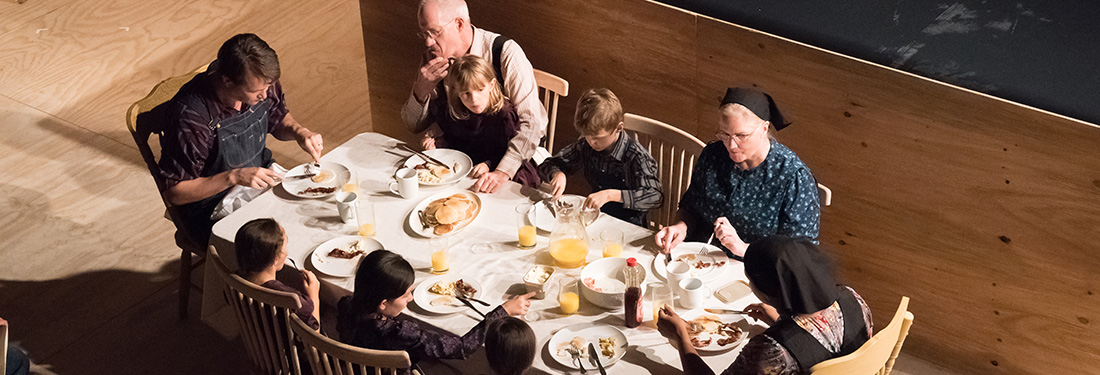
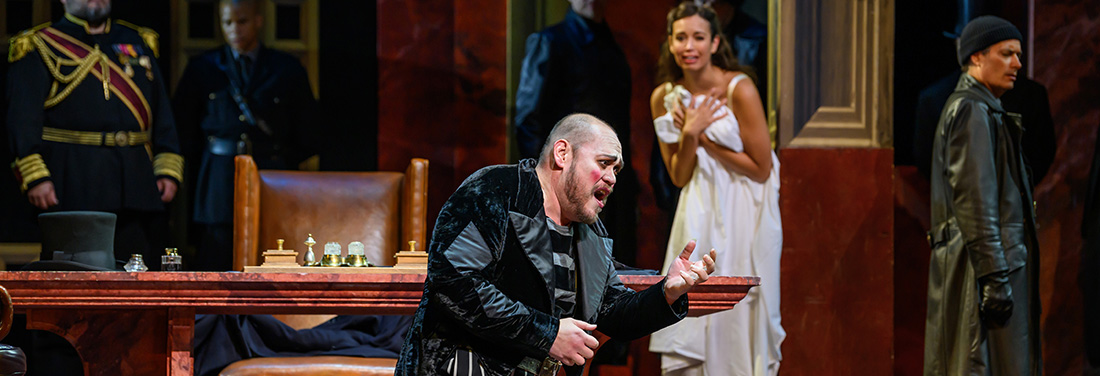
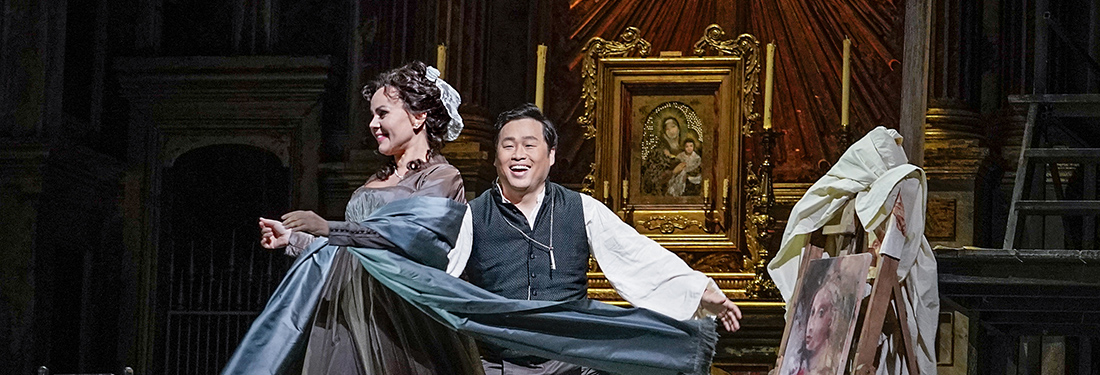
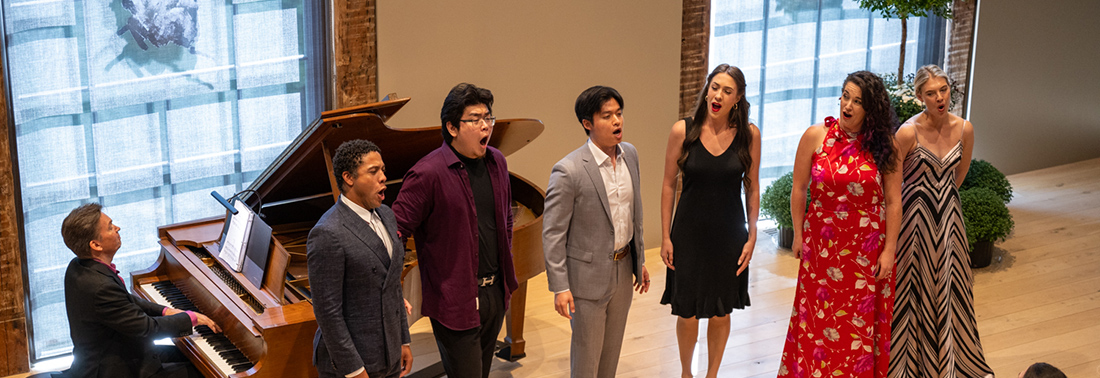
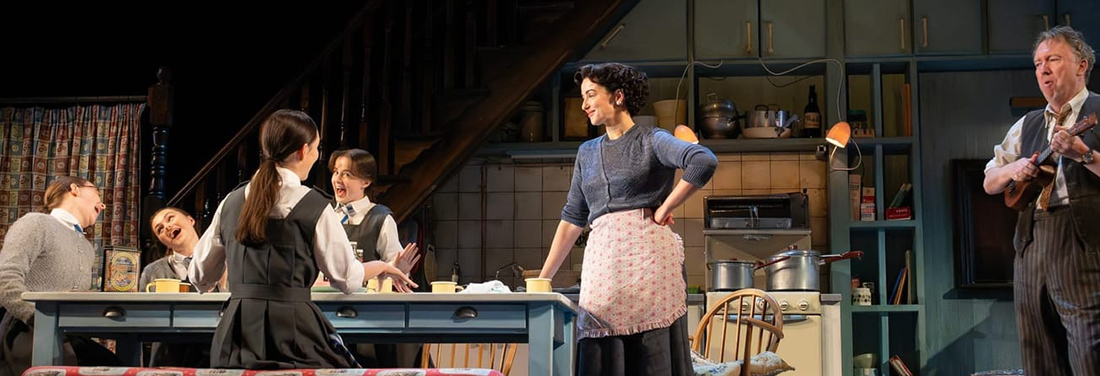
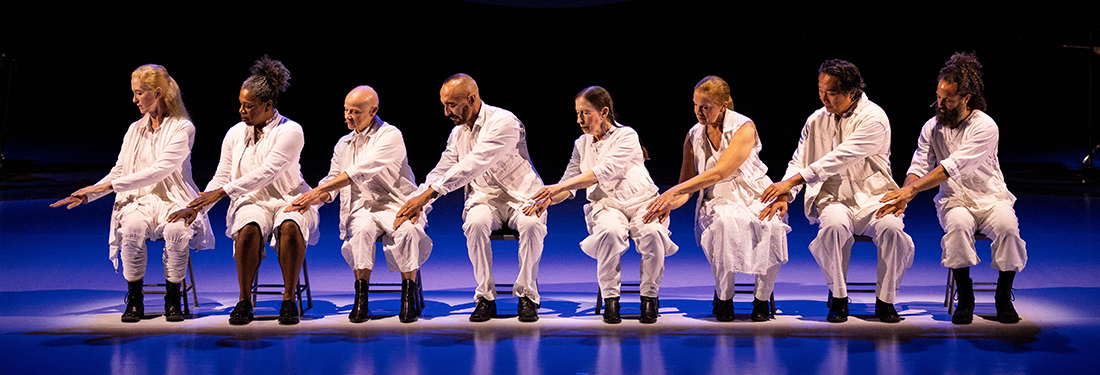
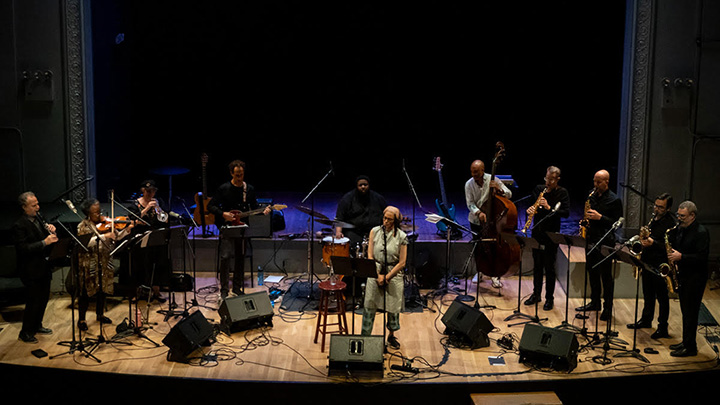
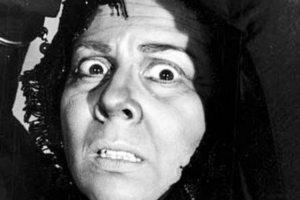
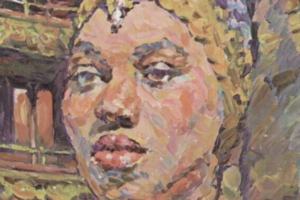
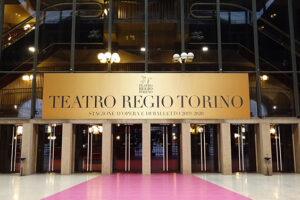
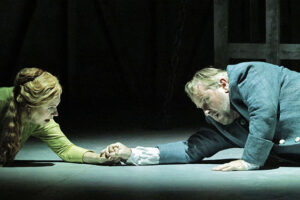

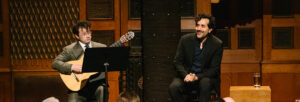
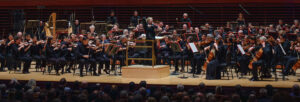



Comments